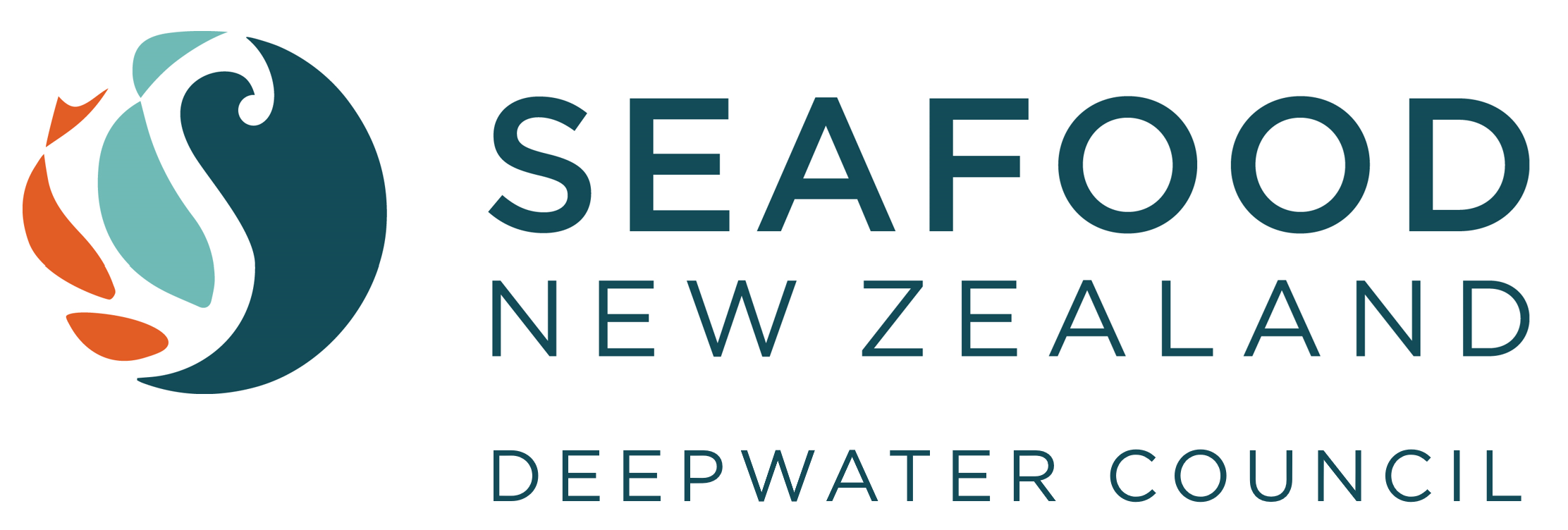Three of New Zealand's orange roughy fisheries have entered the lengthy and rigorous Marine Stewardship Council sustainability assessment process.
New Zealand's Ministry of Primary Industry and the industry association the Deepwater Group have been working together for the past ten years to better manage and rebuild the orange roughy stocks, and are now looking to measure this against the MSC standard.
The MSC's Patrick Caleo explained that, the "MSC assessment process uses science and evidence-based facts, no judgements are made about how sustainable a fishery is until it has completed a full assessment and then we let the science speak for itself".
This is the first orange roughy fishery in the world to undergo assessment and will be measured against the same standard that every fishery in the MSC global program is assessed against.
MSC's standard for sustainable fishing is based on three core principles;
- Healthy populations of target stock,
- Reduced impact on the marine ecosystem (including bycatch and habitat impact) and,
- The effective management processes of the fishery.
It typically takes around 12 to 18 months for a team of independent third-party scientists to assess a fishery against the MSC standard for sustainability. There are many opportunities for stakeholders to input into the assessment process and all results are then peer reviewed.
If certified the fishery must also meet annual surveillance audits, improve on any conditions to international best practice level, and be completely reassessed every five years.
This is an interesting development given that much of New Zealand's assessment data comes from CSIRO's AOS program and because New Zealand manages its roughy stocks at lower biomasses than Australia.
